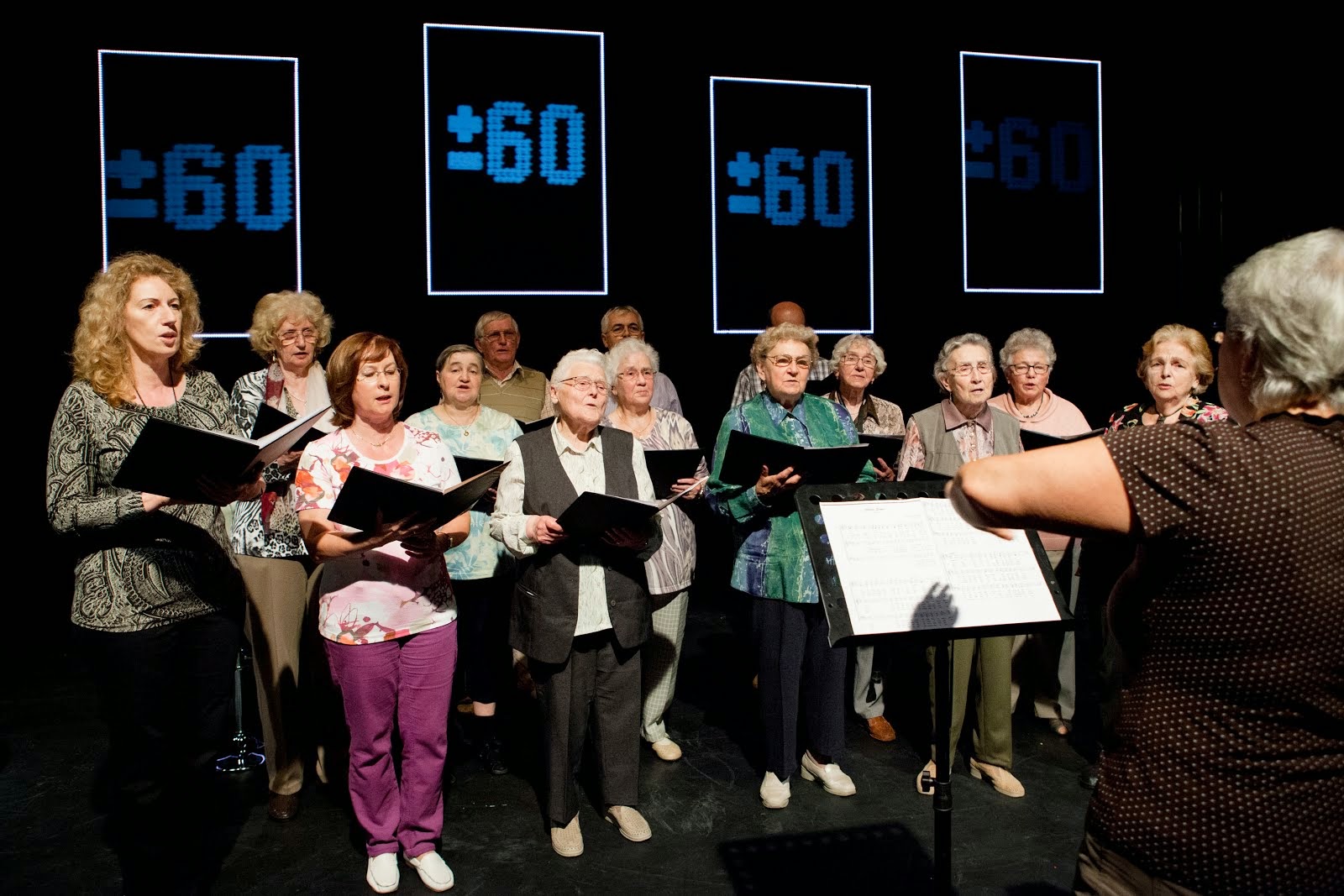How wonderful to be fetched at Vienna airport by a driver
of the Slovak National Theatre Bratislava. It is 10 years now that I first was brought by car from Vienna to
Bratislava, then also being involved in an ETC project: ‚Learning Europe’,
created by Armin Petras - it united 12 actors and 6 directors from 5 countries.
Three of them – Slovakia, Slovenia and Lithuania - were just about to join the
EU. 10 years ago I for the first time recognised that Bratislava was only some
60 km away from Vienna, that the river Danube was the same here and there, and
the landscape as well – and I was overwhelmed by this fact. And I cursed those
who had constructed the Iron Curtain, and divided the very heart of Old Europe,
and had separated people and made them feel more and more foreign to one another.
Now, 25 years after the Fall of the Wall and the start of ‚Soft Revolution’ in
Slovakia I just felt happy on my way to the rehearsals of LAND DER ERSTEN DINGE
/ BLUDIČKA / FEN FIRES. And I didn’t at all like the pictures which, too, came
into my mind and which tell what actually happens at the Eastern border of
Slovakia, in Ukraine.
Although the bathtube on the stage broke during an
interview for this blog because too much people hat entered it, and despite
some difficulties to completely understand one another in this bilingual
production, I still got happier in discovering that our play will work, that
with the actors Emilia, Gaby, Dusan and Eric, directed by Brit, we obviously
got a dream team to create Ninos play. The first part of rehearsals in Bratislava
now is finished. In the end of October we’ll start for another three weeks of
rehearsals in Berlin – and then have the first night on November 14th in
Berlin, 27th in Bratislava. Keep your fingers crossed!
Christa Müller, Dramaturge at the Deutsches Theater, Berlin











.jpg)
